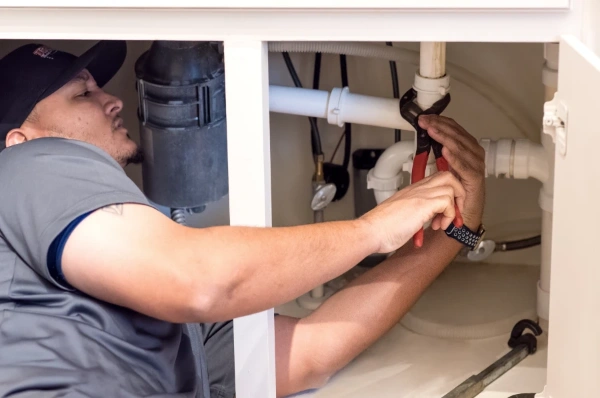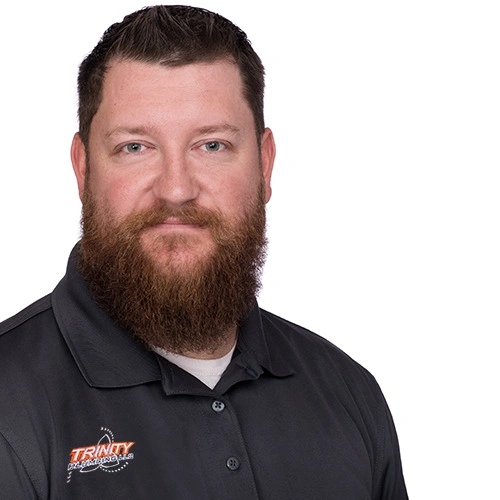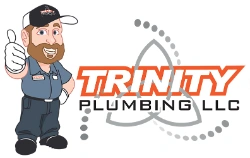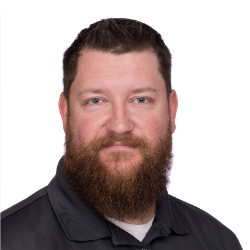When it comes to choosing a trade to work in as a profession, it should come as no surprise that the plumbing trade remains a popular career choice. Unlike some professions that are economy driven, plumbers always have work because home and business owners always have plumbing needs.
Since the plumbing profession is highly competitive in the state of Georgia, planning your career path ahead of time is key.

Here’s what you need to know:
The Steps to Becoming a Professional Plumber in Georgia:
Step #1: Receive your high school diploma or pass your GED. As a plumber, you will find that you need a good foundation in math, science, and in some cases, even some computer training as the equipment to detect leaks and blockages is increasingly becoming more sophisticated.
You may also find it beneficial to take some classes in drafting and blueprint reading if they are offered at your school as these could benefit you as well.
Step #2 (optional): Take vocational plumbing courses at an accredited trade school or technical college. While taking actual classes will give you a good foundation for your eventual job as a plumber, you don’t have to actually get a college degree if you want to become a professional plumber.
Instead, you can learn what you need to know by working as a plumber’s apprentice, but you also need to realize that these types of apprenticeships are sometimes highly competitive and taking the courses can sometimes really give you an edge.
Step #3: Obtain an apprenticeship with a licensed master plumber. Working your way to becoming a licensed master plumber is actually a three-tiered process. The first step toward getting your plumbing license is to work as an apprentice for a master plumber for a minimum of three years.
Once you obtain this position, you will register with the Georgia Office of Apprenticeship. This involves submitting an application fee and the documentation that states you are receiving your training from a licensed plumber. By doing this, you can “learn and earn” as you receive your extensive training.
Step #4: Become a journeyman plumber. After you have worked as an apprentice for three years, you are eligible to take the examination that will allow you to become licensed as a journeymen plumber.
Although you are still working under the direction of a master plumber, this license allows you to repair or maintain plumbing systems. When you have two years of experience working as a journeyman plumber, you may then take a state exam and apply for your license as a master plumber.
What is the Advantage of Working Your Way Up to a Master Plumber License?
The easiest way to explain the difference between working as a journeyman and a master plumber is to think of them as you might the position of employee and employer.
A journeyman can provide plumbing services, but must work for a master plumber. A master plumber, on the other hand, can accept plumbing jobs because they have the license to contract out services as a plumber. In other words, they can be their own boss.
Advanced Testing and Training
To ensure that the master plumber is capable of operating out on their own, the test for a master plumber includes advanced questions regarding installation techniques and plumbing codes that are not on the test for a journeyman license.
That being said, however, if either plumber wants to work on medical gas piping either as a master plumber or journeyman, they must receive medical gas certification before they can work on medical gas piping systems.
The program to receive this certification is 32 hours long and requires an exam upon competition.
Are You Interested in Becoming a Professional Plumber?
As you can see, the quickest and easiest way to enter the plumbing field and start making money right away is by initially working as an apprentice, since your apprentice license does not require the time or knowledge that the other types of plumbing licenses do. You not only get the training this way, but you also get to earn a living while you do it.
If you are interested in becoming a professional plumber, you can contact us by filling out an application form on our website right now.







